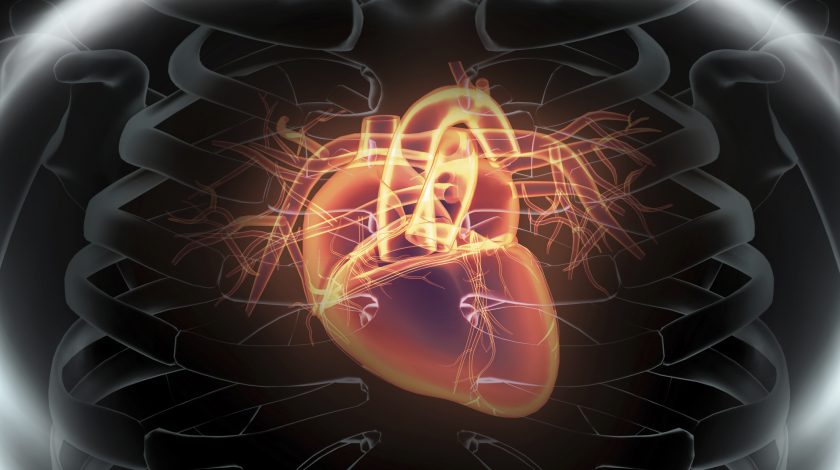Stage set for Jardiance to become universal heart failure drug

Boehringer Ingelheim and Eli Lilly have published data for their SGLT2 inhibitor Jardiance in acute heart failure, setting them on course to position the drug across the spectrum of patients with the condition.
The results of the EMPULSE trial showed that adults hospitalised for acute heart failure were 36% more likely to see an improvement on clinical measures – including all-cause mortality, frequency of heart failure events, time to first heart failure event, and symptoms – in the first 90 days after treatment started compared to placebo.
If the new data is added to the label of Jardiance (empagliflozin), the SGLT2 inhibitor would become the first in the class to be approved to treat all types of chronic heart failure as well as people with acute heart failure, giving Boehringer and Lilly another lift in their market tussle with AstraZeneca's big-selling Forxiga/Farxiga (dapagliflozin).
Acute heart failure is defined as a sudden emergence of symptoms, caused by fluid build-up in the heart, that requires urgent treatment. More people develop chronic heart failure than acute heart failure, and around 80% of acute heart failure cases are people with chronic heart failure whose symptoms rapidly become worse.
The findings – published today in the journal Nature Medicine – come after Jardiance was approved for chronic heart failure with reduced ejection fraction (HFrEF) last year, with the label expanded in the US to include patients with heart failure with preserved ejection fraction (HFpEF) last month. It has been used to treat type 2 diabetes since 2014.
So far, Farxiga has been cleared to treat type 2 diabetes and HFrEF only, although AZ has also stayed ahead of its rivals with an indication in chronic kidney disease.
Approval in HFrEF in 2020 prompted a surge in Farxiga sales, which reached more than $3 billion last year, but Jardiance remains the market leader and has been gathering renewed momentum.
Lilly booked $1.5 billion from the SGLT2 inhibitor last year, up 29%, and while Boehringer hasn't yet reported its full-year results in the first half of 2021 it saw sales of Jardiance rise 17% to $1.55 billion.
"The EMPULSE results add to the growing weight of evidence from our EMPOWER program supporting the potential role of empagliflozin in a range of conditions affecting the heart, kidneys and metabolic system," said Jeff Emmick, head of product development at Lilly.
"The clinical benefit and consistent safety results demonstrated in the vulnerable phase following hospital discharge suggest that in-hospital initiation with empagliflozin for appropriate patients can improve outcomes during these critical months," he added.
Lilly and Boehringer also testing Jardiance in trials for to see if it can reduce hospitalisation for heart failure and mortality in high-risk, post-heart attack patients, as well as for chronic kidney disease.













